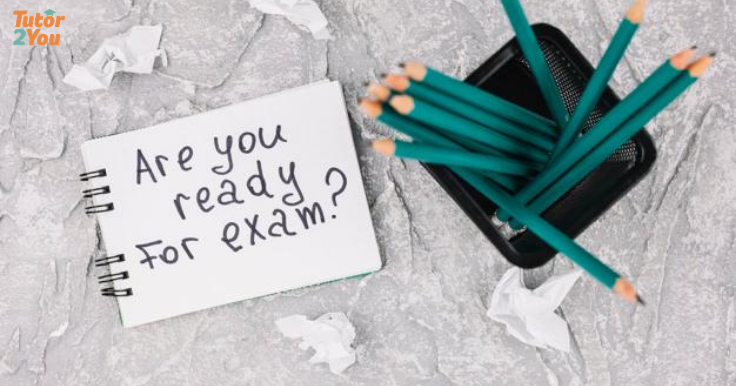
Effective Exam Preparation Strategies for Primary & High School Students
Exam time is always a stressful time for families. Younger students at primary school are just beginning to feel the pressure of exams while older children at high school have been exposed to exams for some time.
Each year there is more stress put on students to perform well at exam time. Preparing for exams seems to be a time when everyone is treading very carefully, not wanting to disturb the learners. Parents find themselves having to balance all kinds of different things.
“Step with great care and great tact,
Life is a great balancing act.” said Dr Seuss.
Was he referring to exam time? Some effective strategies could help pull primary and high school students through this time.
Have a P.L.O.T. and strategy that will apply to both primary and high school students
- P = Planning
- L = Learning environment
- O = Organisation
- T = Timing
These basic strategies set the stage for successful studies.
Planning:
Having a plan, a timetable and an idea of what needs to be studied is an important starting point. Exams may be a spot check on a subject or a full-on year-end examination of the knowledge processed during the year. Before starting to study, have a plan put in place of how much time is to be spent on each subject. Set aside a starting point and be diligent about keeping to the times.
Martin Luther King once said,
“Your talents and abilities will improve over time, but you have to start.” Get off to a good start with a plan of action.
Learning environment:
The place where you plan on learning is an essential factor. It doesn’t matter if you are in high school or primary school, a designated learning place with few distractions, is going to yield better learning. Set up a place where the timetable is displayed and all the necessary study guides, notes and books are set out ready for use. Make it a student-friendly environment with some encouraging posters or incentives as well as the specific learning itinerary.
Organisation:
This is not the same as getting your space ready to study. The organisation of your actual study plan is the key factor here. High school students may have notes and past papers to study to help with understanding questions.
Primary students may have games and flashcards or cue cards to organise their learning. Make use of Q and A sessions or organise some study groups to allow children to reach out to each other and discuss their subjects. Make sure your aspiring students have everything they need and know what chunks of learning they are organised to tackle.
Timing:
This part of the plot will depend on where your child is in the education system. Older senior children can manage longer study sessions. Primary school children will not manage more than thirty-minute sessions.
Have a timer ready and end the study session after 30 minutes to take a break. Go back to study for another 30-minute session after a short break. Take time for recall sessions and have time for exercise and holidays between sessions. Teach your primary learner about time and study, and this will stand them in good stead for the future.
Remember that even experts in their field were once beginners and had to study their way to the top. Everyone has to start somewhere.
These keynotes are pointed in the primary school direction:
- Study in little chunks, but often.
- Play games to make learning fun.
- Make simple mind maps. Start with one word that is about a topic. Then write four words round that word that explain ideas on the topic word. Then add another two words to each of those words, and you will have a map of words that interact with each other to remember a few simple facts. For example, start with;
- Maths is about learning number combinations and problem-solving – practice tables, bonds and mental arithmetic to sharpen your number brain.
- Study throughout the year.
- Encourage good reading habits.
- Practice handwriting.
- Learn how to speak confidently in front of other people.
- Find out what kind of learner your primary school child is.
COWS.
MILK... MEAT... HIDE... CALVES.
Dairy products....beef and bone meal.....leather goods....feeding and grazing.
Studying at primary school becomes a more serious round the upper primary levels and is good preparation for the entry into high school.
High school tips and strategies:
- Look through past papers to get an idea of the kind of questions asked.
- Know how to answer different styles of questioning:i.e. multiple-choice, essay styles and short paragraph answers.
- Learn how to summarise notes and make relevant points to memorise.
- Use mind map strategies.
- Look after your health with good sleep patterns and a healthy diet.
- Be organised for the big exam day. Know what time to be there and where the exam is taking place. Arrive in good time with some time to spare.
Having a strategic plan to help your child through study and exam times will always be helpful. Starting early on during primary school years sets the trend for future study sessions. Make use of planning and time management, and do the best you can.
Arthur Ashe, American pro tennis player and winner of three grand slam tennis championships, including Wimbledon said:
“Start where you are. Use what you have. Do what you can.”
That is a very sound strategic plan to put into action.
If your child requires some additional support may it be in-home or online, we're here to help! Visit https://tutor2you.com.au/ to book a free consultation with our trained & certified tutors today.



